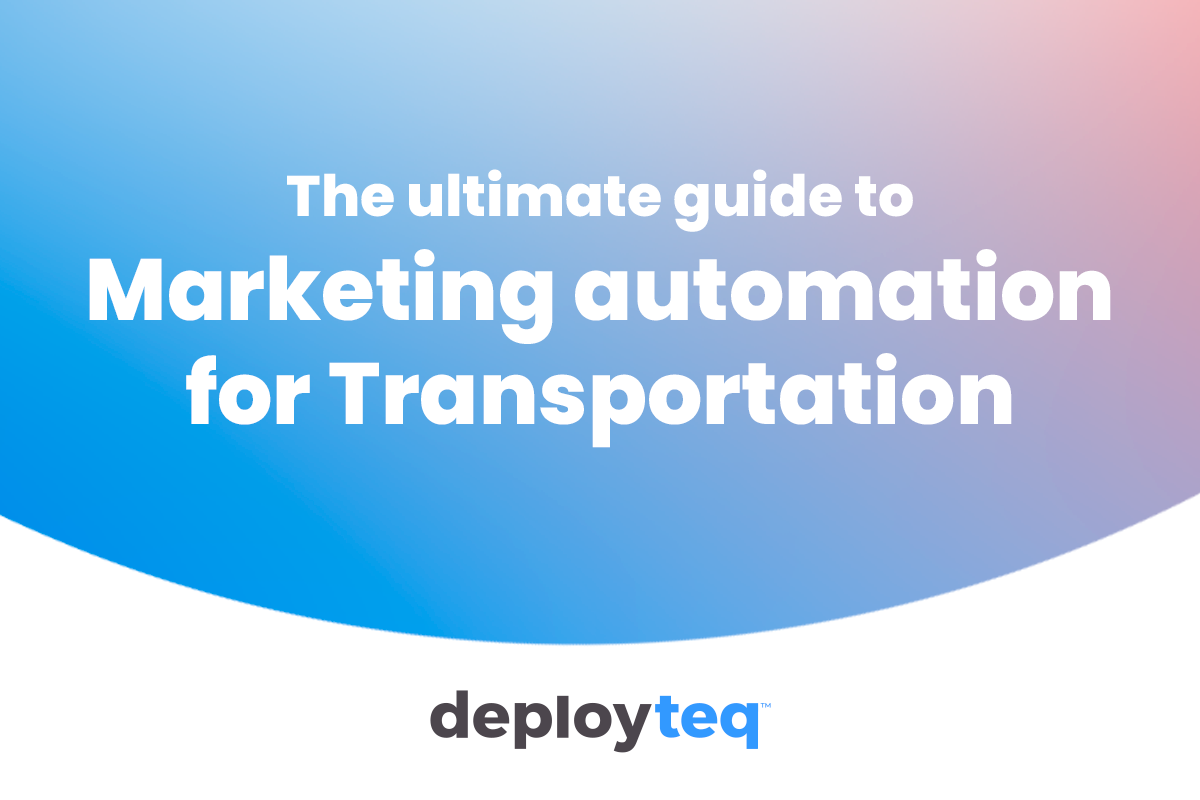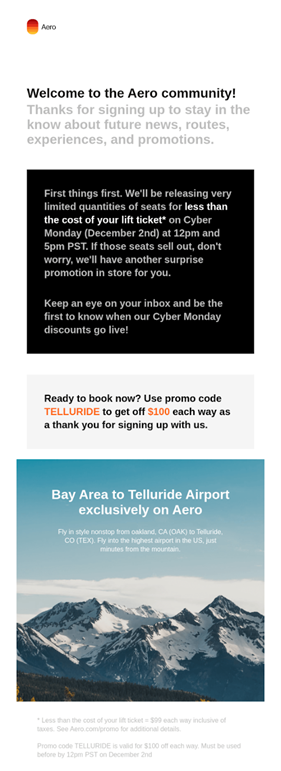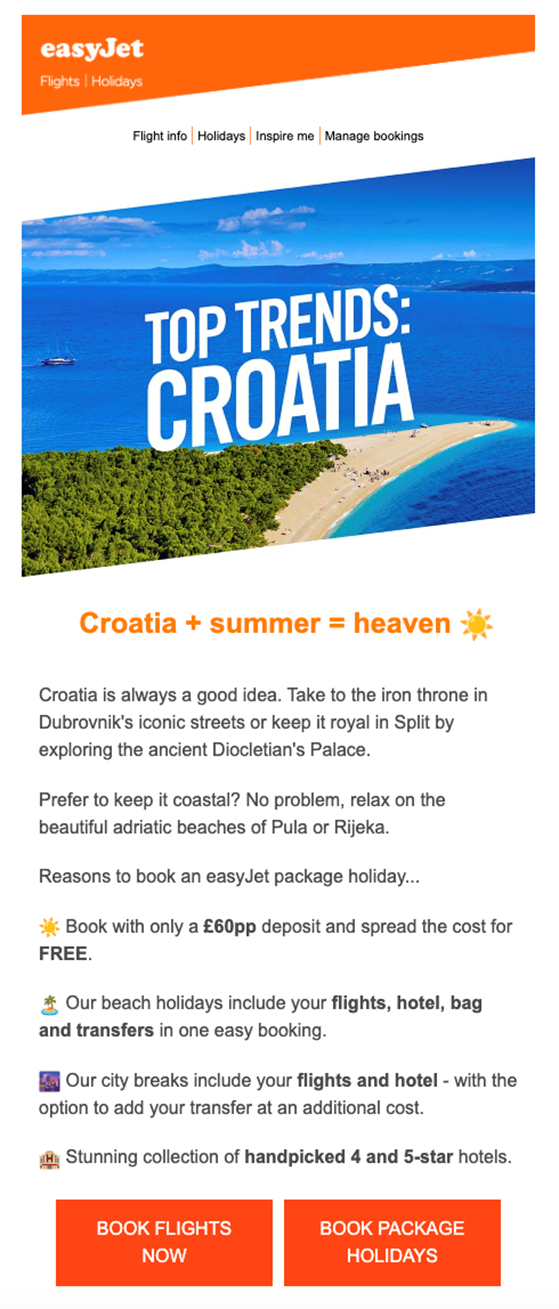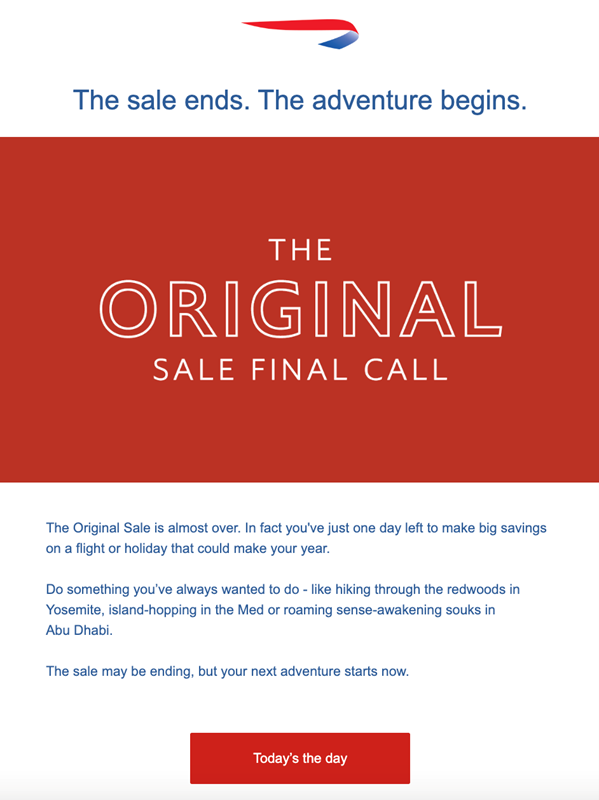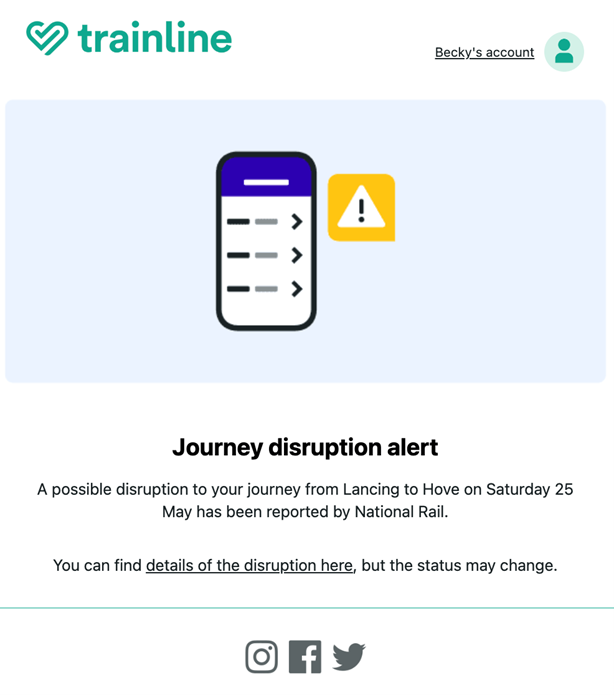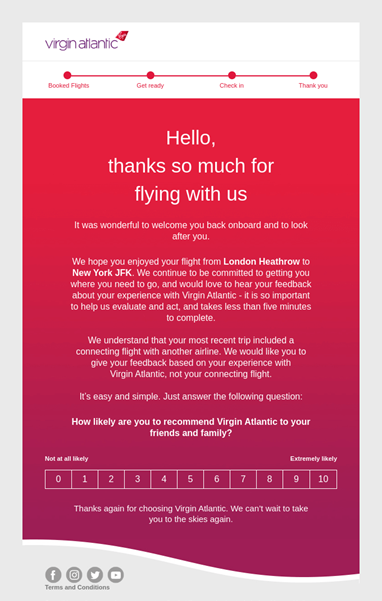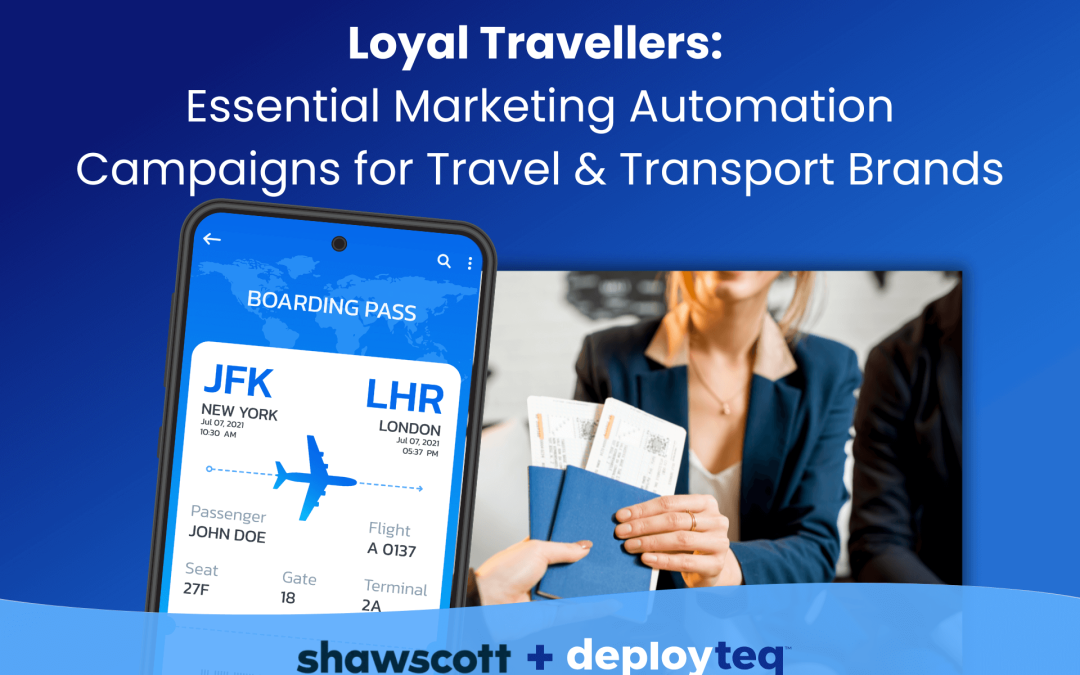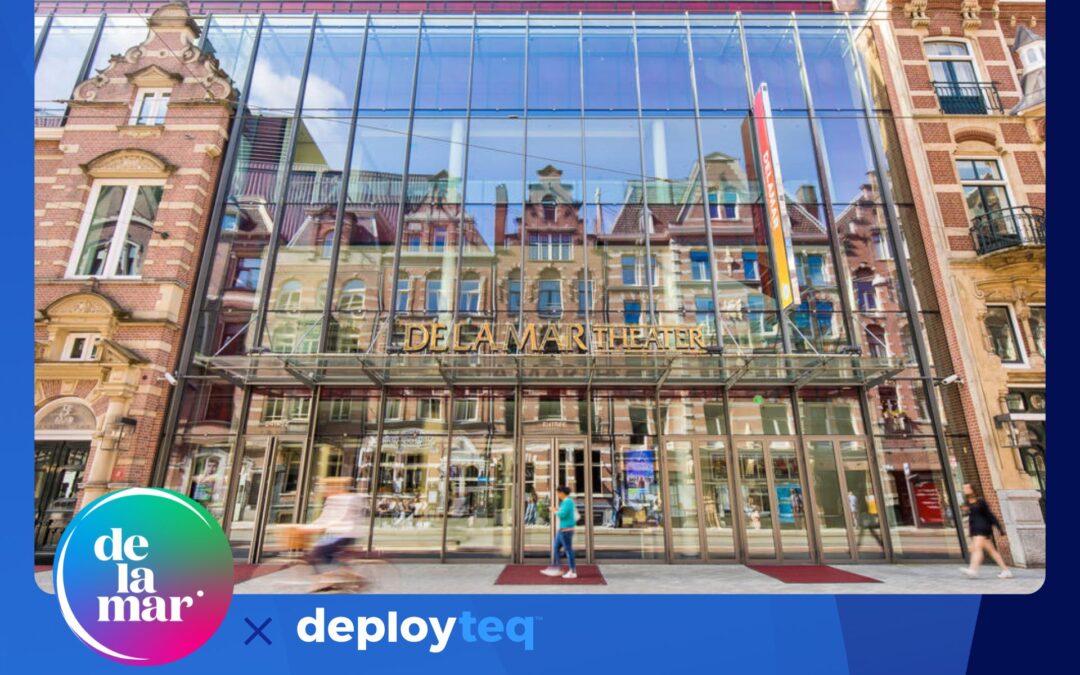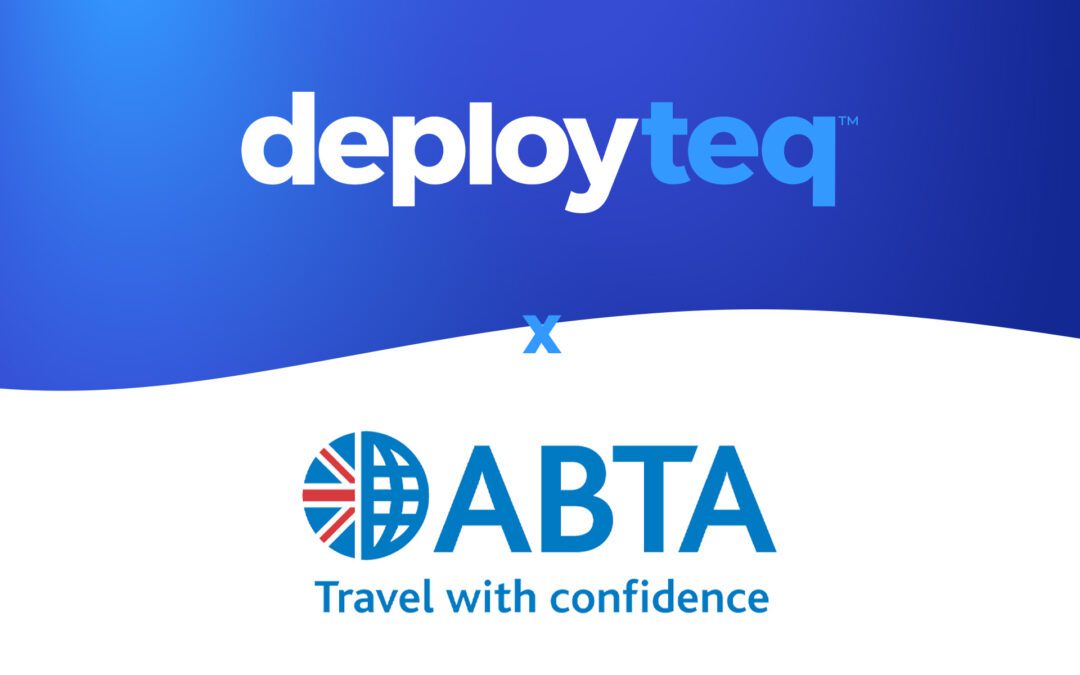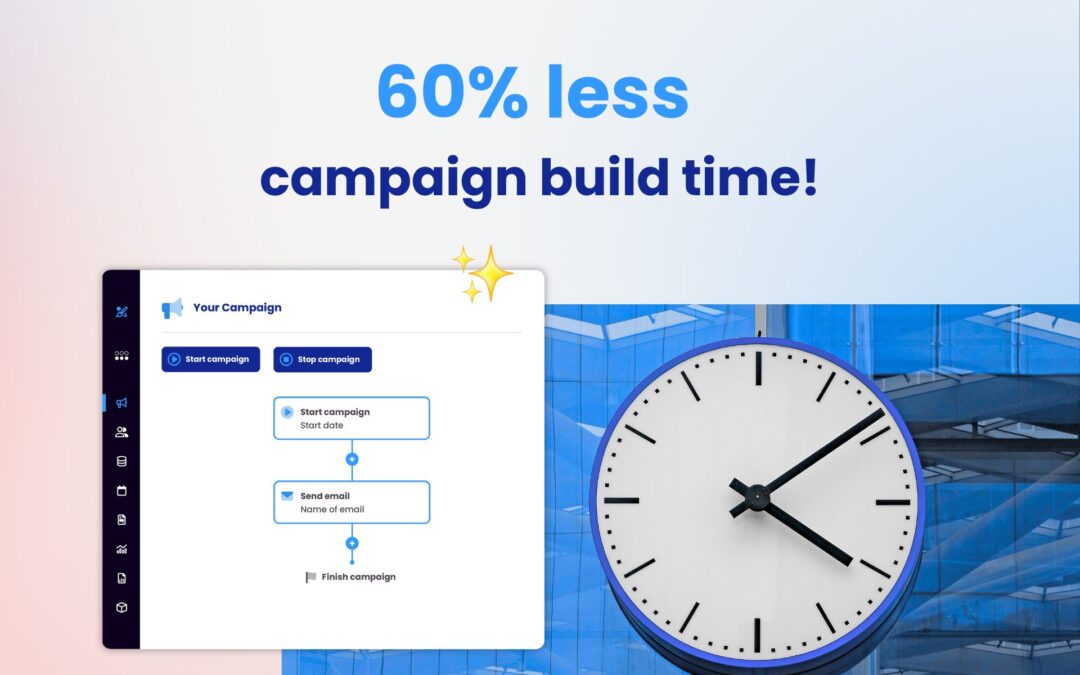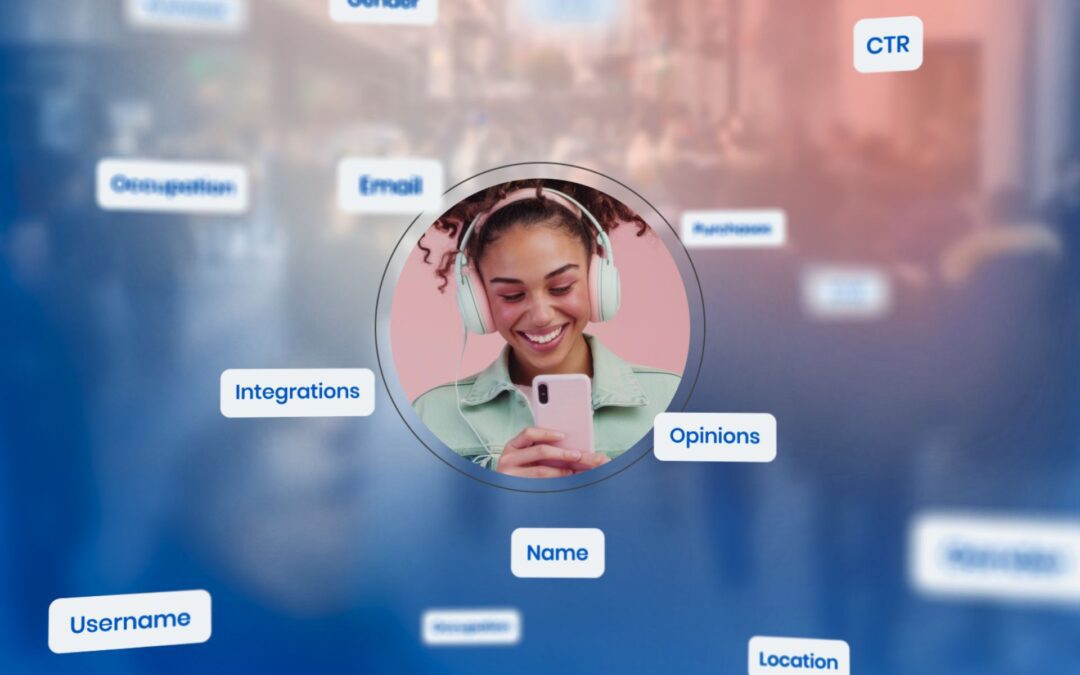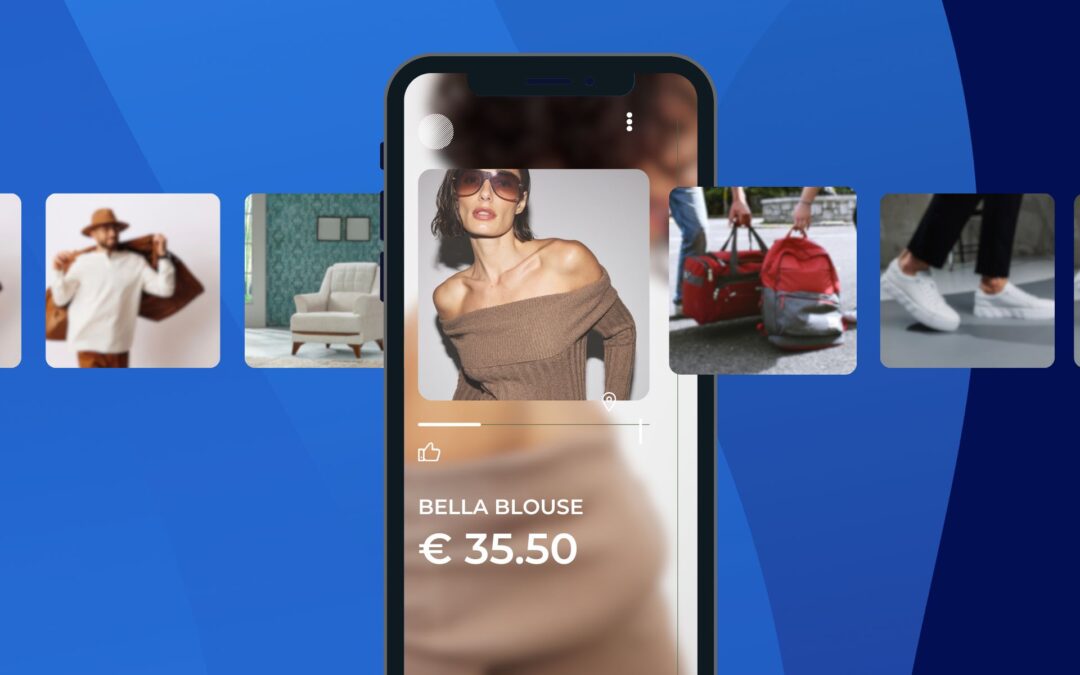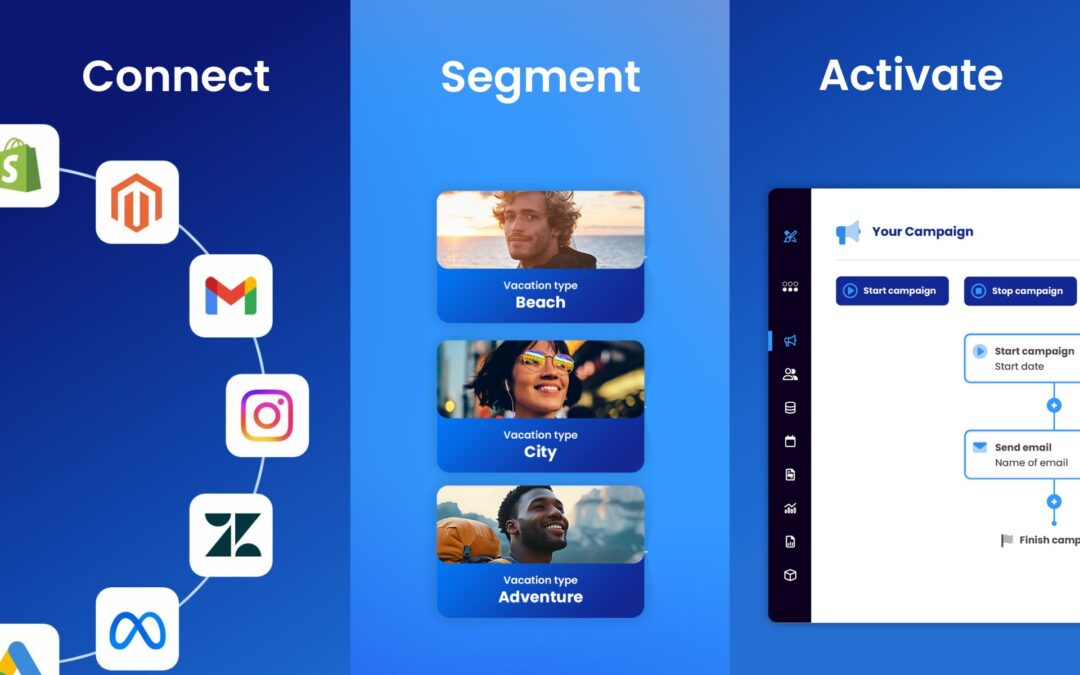When you think of the travel industry, the first thing that springs to mind may be beautiful beaches, adventures in the rainforest, and sophisticated city breaks.
However, the key to accessing these places is travel and transportation. An industry that all travellers rely on to get from A to B, whether that be a train journey to a nearby city, or a long-haul flight for a once-in-a-lifetime holiday.
Historically, travel and transportation marketing hasn’t been the most thrilling. Often relying on simple booking confirmations or one-size-fits-all promotions. But as consumer expectations soar, and trust becomes an ongoing challenge for the industry, travel and transportation brands have had to up their game.
Fortunately, marketing automation is allowing many brands in this industry to flourish. And in this guide, we explain how.
Read on to learn why marketing automation is essential for the travel and transportation industry, key strategies to implement, real-life campaign examples, and common challenges that can be overcome.
The benefits of marketing automation for Travel and Transportation brands
You may be aware of many brands that are utilising marketing automation for their campaigns, but why is it so popular?
Increased operational efficiency
By automating communications, whether they are simple confirmation emails or reminders, through to promotional campaigns and sales, travel and transportation brands can free up their valuable time and resources.
This allows marketing teams to focus on other areas of their roles, particularly strategy and creativity, rather than being bogged down with manual, repetitive tasks. Furthermore, brands can remain confident that their recipients are being regularly communicated with, even when marketers are experiencing busy periods and high workloads.
Personalised experiences
One of our favourite benefits of marketing automation in the travel and transportation industry is personalisation. Particularly as 65% of travel customers actually expect personalised experiences from brands.
Marketing automation supports brands in this industry through the ability to deliver highly personalised messages, tailored to each individual at a range of levels. By analysing data such as past bookings, browsing history, or demographics, brands can create targeted email and SMS campaigns which speak to their audience directly.
These campaigns can then be automated based on a wide range of criteria. Meaning that recipients are kept engaged throughout their relationship, improving the likelihood of booking and long-term custom.
Improved customer retention
With the use of automated campaigns, travel and transportation brands can nurture relationships with their customers through providing regular and timely information, tailored to segments or individual recipients.
For instance, brands can send out personalised offers and loyalty rewards to keep their customers engaged and encourage repeat bookings. The frequency and relevancy of these communications have been proven to engage recipients long-term, leading to happy, loyal customers.
Data analysis and insights
Sending out automated marketing campaigns is all well and good, but are they proving successful?
Another benefit of marketing automation tools is they boast robust analytics and reporting capabilities. All of this enables travel and transportation brands to gain in-depth insights into the behaviour of their customer base, and the success of their campaigns’ performance.
By tracking metrics, from open and click-through rates, to bookings and sales, these brands can make data-driven decisions to further refine and improve their campaigns on an ongoing basis.
Scalability
It’s natural for travel and transportation brands to want to grow, but many feel held back by the capability of their internal systems.
Fortunately, they need not worry about marketing automation standing in the way. As a brand grows, marketing automation solutions can easily scale to accommodate larger audience numbers, without the need to increase workload.
Automated systems are made to handle high volumes of emails, customer data, and interactions, ensuring consistent, personalised communications, no matter what the size of the business.
Marketing automation strategies for Travel and Transportation
When it comes to developing a successful marketing automation strategy, there are four key elements that any travel and transportation brand must consider.
Data collection
Quality data is essential for successful marketing automation. So when it comes to developing a marketing strategy, data must come first.
Travel and transportation brands must focus on collecting, storing, and managing their data effectively to send great marketing campaigns.
Fortunately, there are tonnes of opportunities to gather data. These could include requesting basic demographic data and preferences at the point of sign-up or booking. Or to be more sophisticated, tracking and storing data on travellers’ browsing and booking habits.
With marketing automation solutions, this data can then be utilised for successful segmentation, or alongside dynamic content for a truly personalised experience.
Segmentation
When it comes to effective email marketing, gone are the days of ‘batch and blast’ email campaigns.
Instead, start your journey to personalised experiences with segmentation.
With the use of marketing automation, brands can segment their audience into distinct groups based on their chosen criteria, this could include demographics, travel preferences, or browsing and booking history.
This strategy allows for more targeted and relevant messaging, even without a wealth of in-depth audience data.
Behavioural triggers
Behavioural triggers allow brands to automate email and SMS communications, whilst barely lifting a finger.
These triggers can be beneficial for promoting travel options and encouraging a booking, for instance, based on browsing behaviour or abandoned baskets. They are also essential for post-booking communications, such as confirmations, news, updates, and reminders.
By setting up behavioural triggers through marketing automation, travel and transportation brands can be confident that recipients are kept engaged and well-informed at every step. Without the near-impossible manual effort that would otherwise be required.
Dynamic content
When it comes to producing a truly personalised experience for recipients, dynamic content cannot be beaten.
With the use of dynamic content blocks, brands can customise each email based on individual recipient’s data. This could include their name, travel history, booking information, or preferences.
And the range of elements that can be personalised are vast, from subject line and email copy, to imagery and travel itineraries.
5 automated Travel and Transportation marketing campaigns
Now that you’ve been inspired by some of the key marketing automation strategies available to travel and transportation brands, let’s break these down into real-life campaign examples.
1. Welcome series
At Deployteq, we’re big fans of the welcome series.
When a potential traveller signs up to your email list, or when a new customer makes a booking, it’s crucial to make a strong first impression. A welcome series of automated emails can run in the background, introducing new subscribers to the most important elements of your brand, offering, and services.
And the options for tailoring these campaigns to your brand are endless. You can incorporate some of your top destinations and travel options, reviews from other happy travellers, a message from your CEO, or a discount code to encourage a first booking.
By providing valuable information right from the very start of the relationship, and when the recipient is highly engaged, you will be setting the tone for a positive relationship in the long term.
Source: ReallyGoodEmails
2. Destination inspiration
A well-crafted destination inspiration series is a surefire way to spark wanderlust in potential travellers by showcasing the destinations and travel options that are most likely to appeal to them.
Recipient data alongside dynamic content can be utilised to identify specific destinations or packages for each individual. Marketing automation can then be used to send a series of emails that highlight travel options, unique attractions, accommodation options, and cultural experiences.
These emails can further be improved with the use of eye-catching photography, traveller reviews, and tips from locals.
If your brand doesn’t have access to a wide variety of recipient data, then basic segmentation can be used for simple personalisation. Brands can even use booking data to showcase options which are generally popular with their audience.
3. Promotions and flash sales
If showcasing your best destinations and travel options hasn’t encouraged a booking, then adding a little FOMO (fear of missing out) may do the trick.
Promotions and flash sales add a sense of urgency which typically sparks FOMO in travellers, encouraging them to make their bookings without delay.
These automated emails can feature dynamic countdown timers, engaging visuals, clear calls to action, and reviews from other happy travellers to help drive immediate engagement and further encourage fast bookings.
4. Travel updates and safety information
When it comes to communicating with travellers, it isn’t all about promoting exciting getaways and trips.
Ensuring that travel updates and safety information are communicated with every traveller is essential for customers to enjoy a smooth trip.
These campaigns can be automated at key moments in the booking journey, such as post-booking or immediately pre-trip, and can utilise dynamic content to ensure the information contained is specific to each recipient.
This could include booking confirmations, itineraries, updates on entry requirements, and weather alerts.
By offering timely and accurate updates, brands can build trust and reassure customers that their safety is a priority, helping to grow their confidence in booking.
5. Post-trip feedback
People buy from people. In fact, 90% of travellers say they are influenced by online reviews. Therefore, it’s important to gather feedback from happy customers post-trip.
Furthermore, asking travellers about their experience offers them a place to vent any frustrations before heading to public review sites, as well as making them feel heard and appreciated.
These campaigns can be automated post-trip, and simply ask for a rating or review. Or, brands can expand on these campaigns by utilising data gathered to offer personalised recommendations for future trips or travel.
The data gathered from these campaigns can be utilised for published reviews, testimonials, and social media content. Whilst also providing valuable insights for improving offerings and services.
Common marketing automation challenges and solutions
Whilst marketing automation offers a wealth of benefits, it can also present certain challenges that travel and transportation brands need to address.
Data management and integration
One of the initial challenges that brands in this industry may face is managing and integrating data from various sources. Messy or incomplete data can immediately cause blockers in running smooth automation campaigns, leading to inaccuracies and a poor customer experience.
The solution: To ensure data quality and reliability, travel and transportation brands should look for a marketing automation solution that boasts a dedicated data platform, one that integrates information from all relevant sources, providing a single source of truth.
It is also important to conduct regular data audits which identify and correct any issues to maintain data accuracy and consistency. Additionally, the use of data cleansing tools within marketing automation will help to remove duplicates and flag problematic data, ensuring that the data is clean and reliable
Overstepping privacy boundaries
Personalisation is key to effective marketing automation, but it must be balanced with respect for customer privacy.
By not complying with data protection regulations, travel and transportation brands can face legal action as well as backlash from customers. And if they overstep recipient boundaries, their customers will suffer from a poor experience.
The solution: To build trust and protect customer privacy, it is crucial for brands in this industry to adopt transparent data practices by clearly communicating how customer data is collected, used, and stored. This includes providing clear privacy policies and obtaining explicit consent for data collection.
Ensuring compliance with data protection regulations, such as GDPR and CCPA, is also essential to safeguard customer information and maintain trust.
Deliverability and spam issues
Email deliverability can be a challenge for any marketer, with some emails being marked as spam or failing to reach the intended audience. This can lead to a poor sender reputation and damage the ability to send email campaigns in the short and long term.
The solution: To improve the effectiveness of email marketing campaigns, it is important to utilise marketing automation functionality to maintain a clean email list by regularly updating and removing inactive or invalid email addresses.
Implementing a double opt-in process is a great option, and ensures that subscribers genuinely want to receive your emails.
Additionally, using robust email analytics to monitor deliverability rates helps identify potential issues, allowing brands to adjust strategies as needed.
Measuring ROI and campaign effectiveness
Demonstrating the ROI of email marketing automation is essential to measure success, but it can be challenging. This is especially true for brands that send a variety of campaigns, and want to attribute conversions to specific sends.
The solution: To effectively measure and optimise the success of their campaigns, brands must establish clear key performance indicators (KPIs) such as open rates, click-through rates, and conversions.
They can then utilise the analytics tools provided by any good marketing automation solution to track and analyse campaign performance, gaining valuable insights into customer behaviour and preferences.
Additionally, brands can conduct A/B testing to evaluate different strategies and determine what resonates most with their audience, using these insights to improve their campaigns on an ongoing basis.
Ready to start your journey with marketing automation?
It’s clear that marketing automation can be transformative for the travel and transportation industry.
Utilising this technology brings many benefits to brands, from improved operations and data insights, to better customer experiences. And with a wealth of campaign strategies and types to choose from, travel and transportation brands can easily get started with experimentation.
At Deployteq, we specialise in helping brands in the travel industry embrace marketing automation. Our innovative solution supports multiple platforms, and our team of experts are always on hand for support and inspiration.
Contact us to start your marketing automation journey today.
